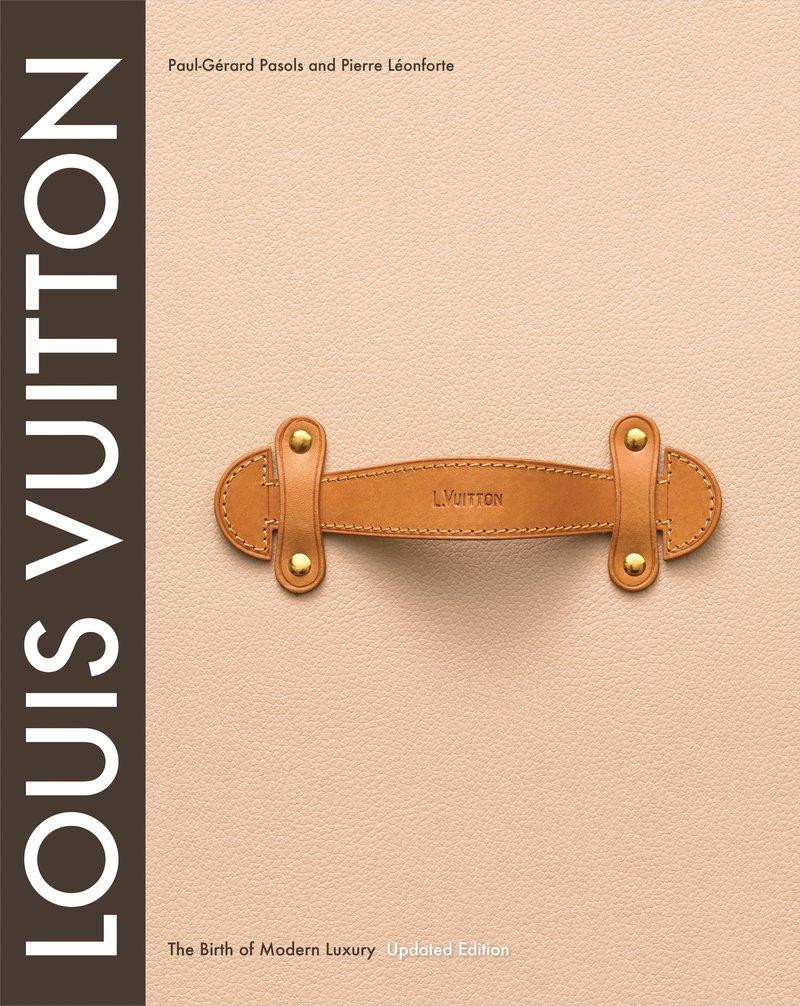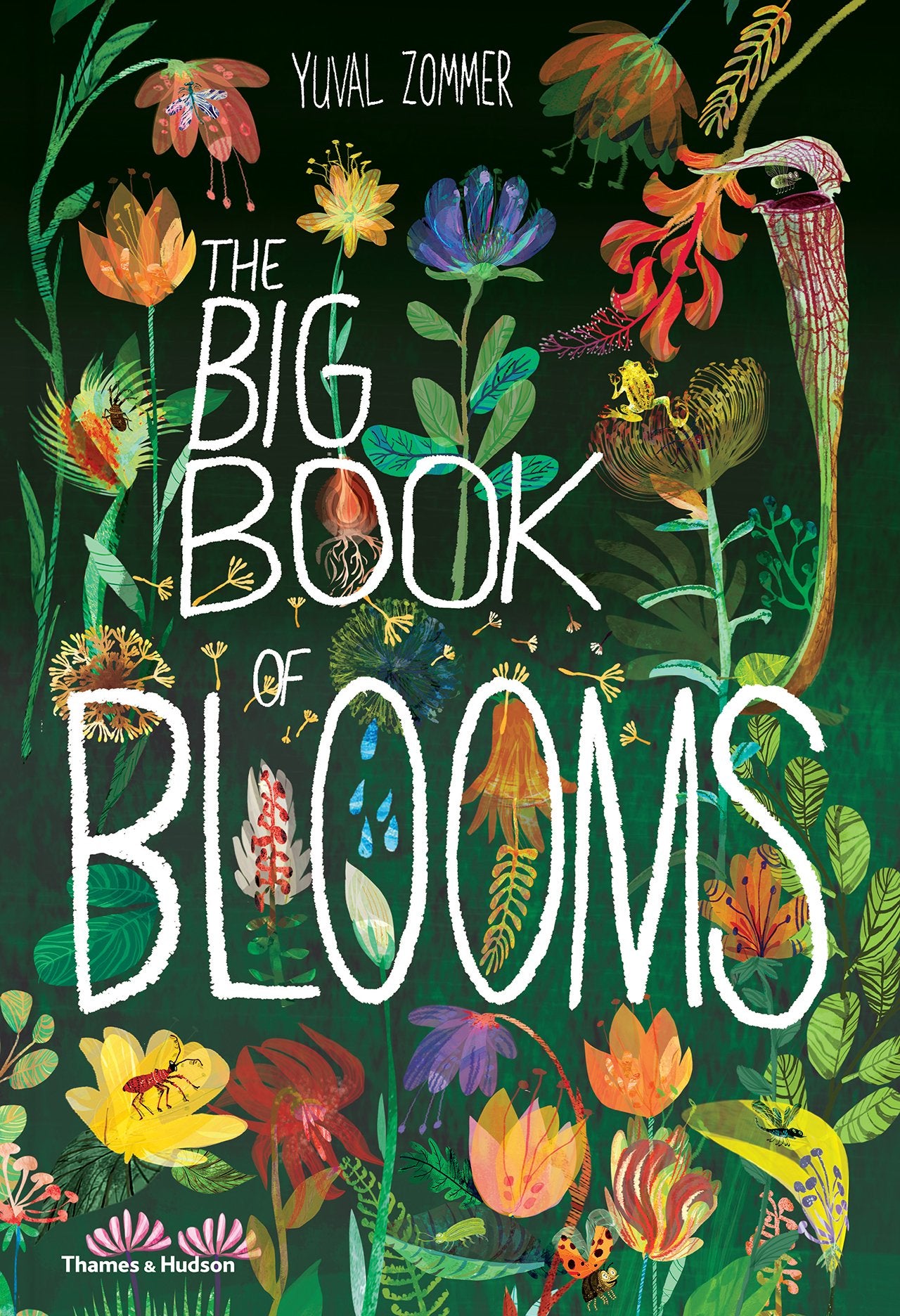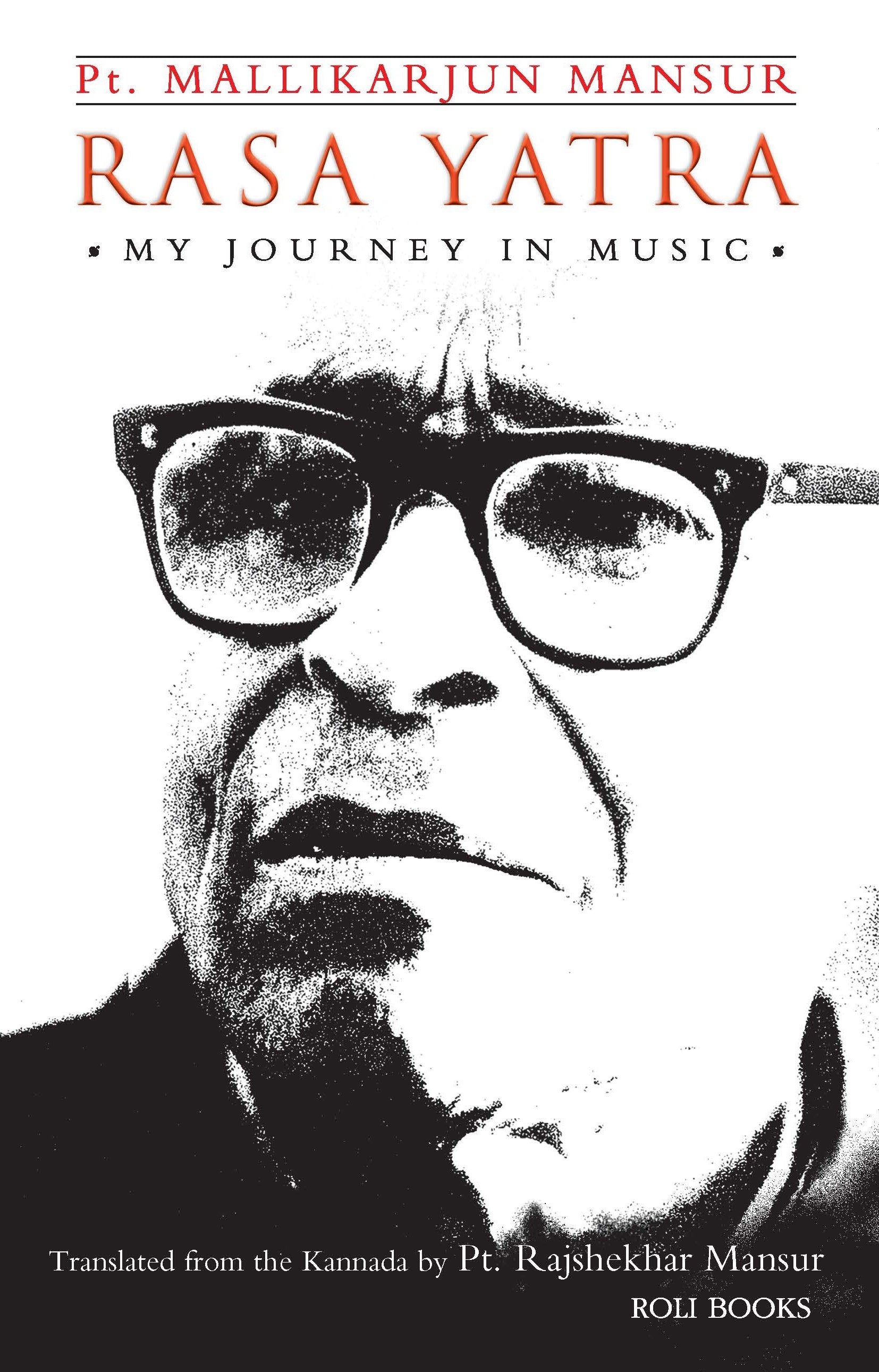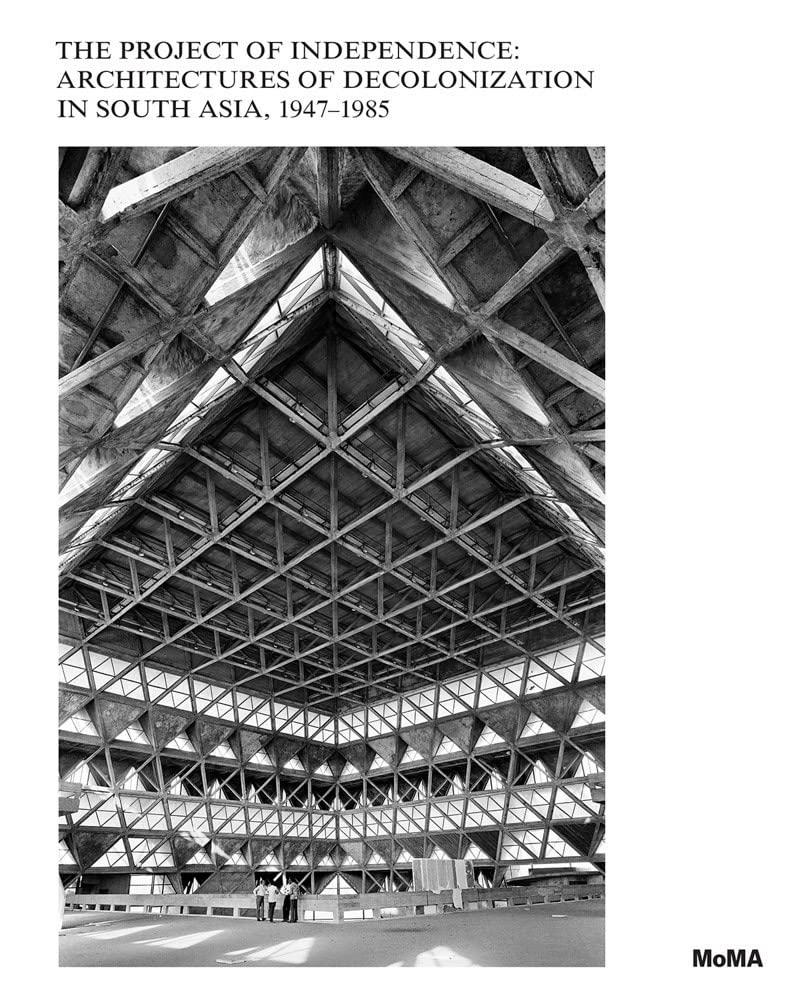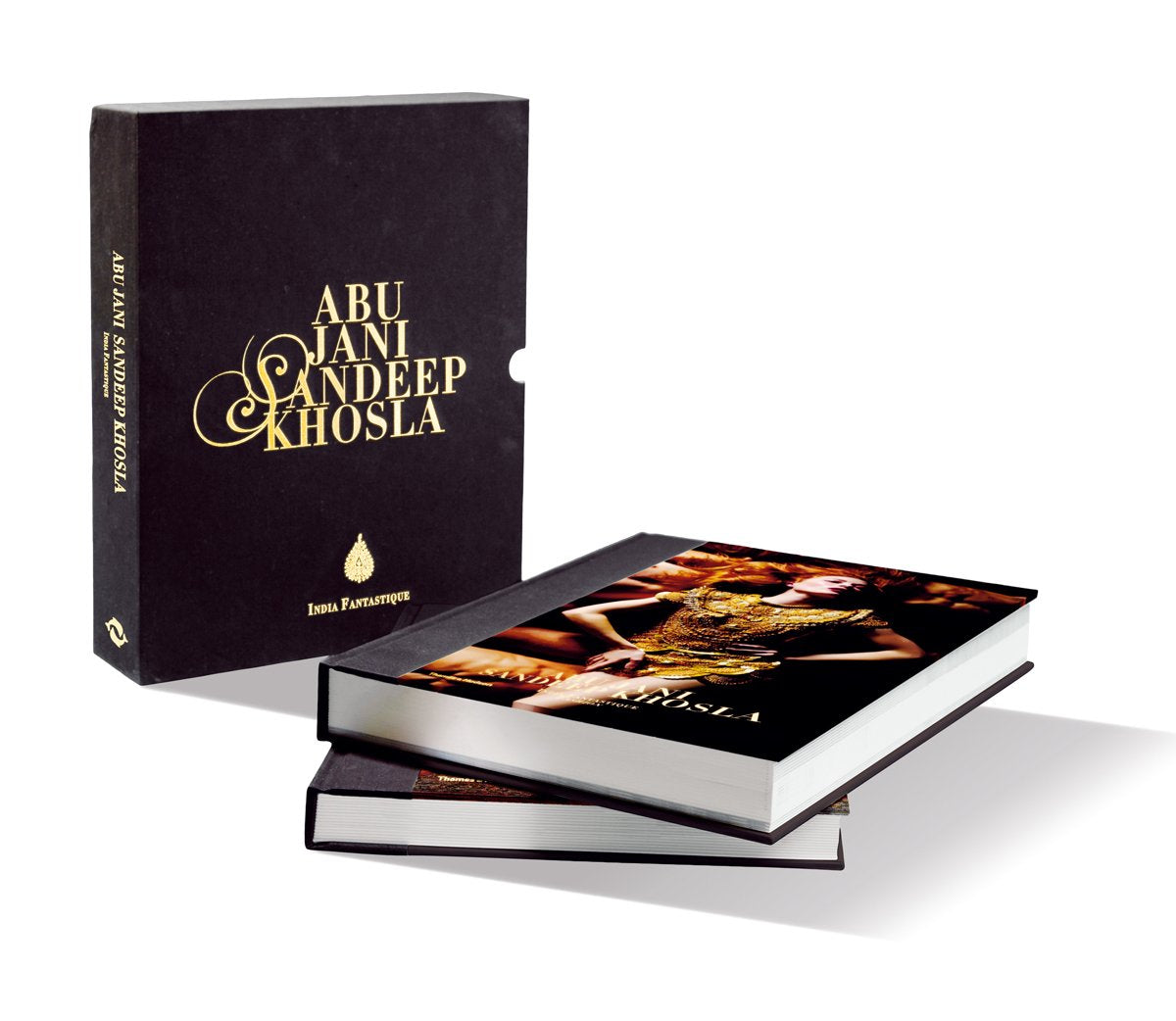The Spirit of the Bauhaus
Olivier Gabet and Anne Monier
‘Architects, sculptors, painters, we all must return to the crafts!’ declared the architect Walter Gropius in his Bauhaus manifesto. Founded as an art school in 1919 and forced to close in 1933 by the Nazis, the Bauhaus established itself as a major influence on 20th-century art and design that continues to this day.
The Bauhaus opened in Weimar, the progressive heart of Germany’s postwar republic. Under its first director, Walter Gropius, students were taught by some of the most celebrated artists of the time, including Paul Klee, Lyonel Feininger and Wassily Kandinsky. The school moved to Dessau in 1922, under its radical new director Hannes Meyer, and to Berlin in 1932 under architect Ludwig Mies van der Rohe. In 1933 the Gestapo forced the Bauhaus to close for the last time.
This volume uncovers the sources of inspiration that brought the Bauhaus into existence, from medieval cathedrals of Europe and Hokusai prints to William Morris and Arts and Crafts. Each of the various workshops and courses at the Bauhaus is explored in detail, illustrating the extraordinary wealth of experimentation in every field: ceramics, woodwork, metalwork, textiles, glass-painting, sculpture, mural, printing and binding, typography and publicity, theatre, architecture and photography.
This essential and accessible guide to the Bauhaus, its history and turbulent political context, provides the key to understanding why it is recognized as the most durable and influential source of modern ideas about art, design and craft.








